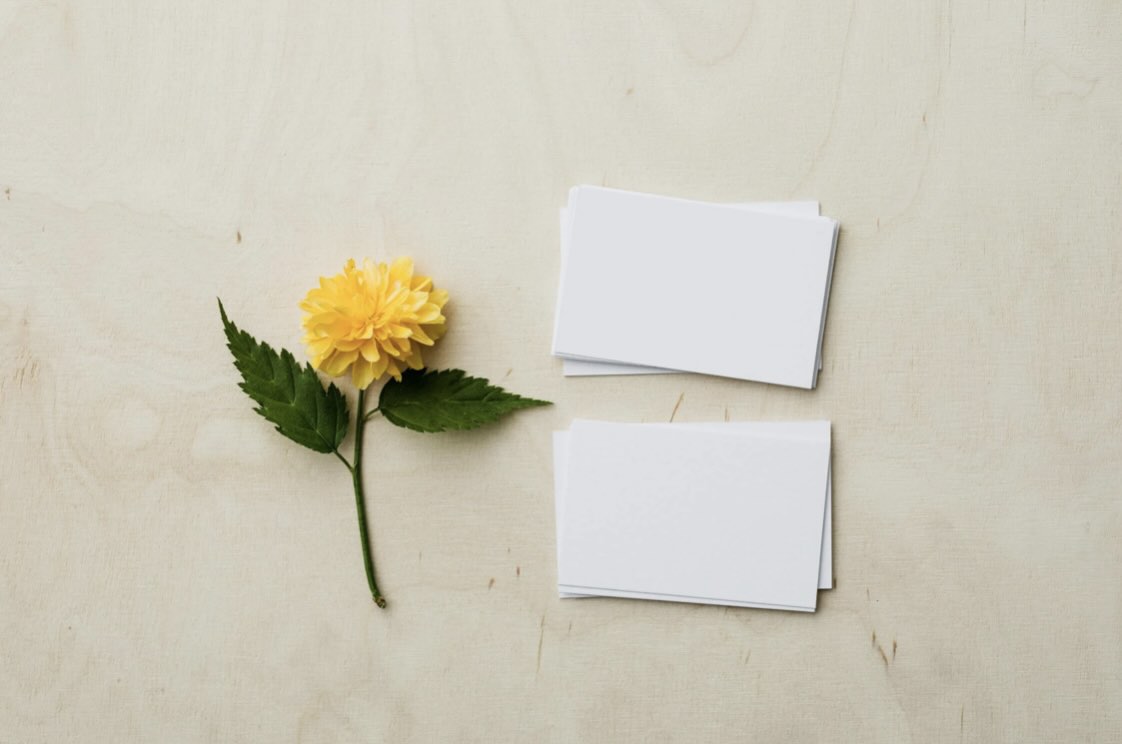Apr 19 (News On Japan) - In Japan, business cards are more than just a way to exchange contact information. They carry a deeper significance, reflecting a person's professionalism, respect, and attention to detail.

If you're planning to do business in Japan or interact with Japanese professionals, understanding the subtleties of business card etiquette can help you make a lasting impression.
What Your Japanese Business Card Says About You
In Japanese business culture, a business card isn’t just a tool for making connections; it serves as a representation of who you are. When you hand over your card, you're offering a piece of your identity, both personally and professionally. The quality of the card, the design, and even the manner in which you present it are scrutinized. A well-crafted, clean business card shows that you are detail-oriented and serious about your professional life, while a carelessly prepared card may imply a lack of respect or commitment.
To ensure that your card conveys the right message, be sure to use high-quality paper and a professional design. Make sure the card is printed with clear, readable fonts and, if possible, include a translation of your name and title in Japanese. This shows your effort to bridge cultural gaps and demonstrates respect for Japanese business customs. Paying attention to these details can help you establish a positive first impression, and staying informed about cultural customs through resources like https://datumoyamoya-life.com/ can be beneficial as well.
Proper Etiquette: How to Exchange Business Cards in Japan
In Japan, exchanging business cards is a ritual that emphasizes respect and humility. Always present your card with both hands, with the Japanese side facing up if applicable, so the recipient can easily read it. When receiving a card, take it with both hands, inspect it carefully, and avoid putting it away hastily. Instead of shoving it into a pocket, place it in a holder or on the table, face-up. These actions demonstrate respect for both the card and the person, showing your understanding of cultural norms and helping you avoid any unintentional offense.
Unspoken Rules: Small Details That Matter
There are several subtle, unspoken aspects of business card exchanges in Japan that can make a difference. For example, the way you handle the card after receiving it can indicate your level of respect. If you take time to carefully read the card, it shows that you’re genuinely interested in the person you’re meeting. On the other hand, if you immediately tuck the card away without acknowledging it, it can suggest disinterest or impatience.
These small gestures might seem insignificant, but they are part of the broader picture of how you’re perceived in Japanese business culture. In a country where respect and hierarchy are essential, these details can help you stand out as someone who understands and values these cultural norms.
Making Your Mark with a Thoughtful Exchange
Your business card isn’t just a tool for exchanging contact information—it’s a way to communicate your respect, professionalism, and commitment to cultural understanding. By following proper etiquette, paying attention to the small details, and recognizing the importance of the exchange, you can make a memorable impression on your Japanese business counterparts.















